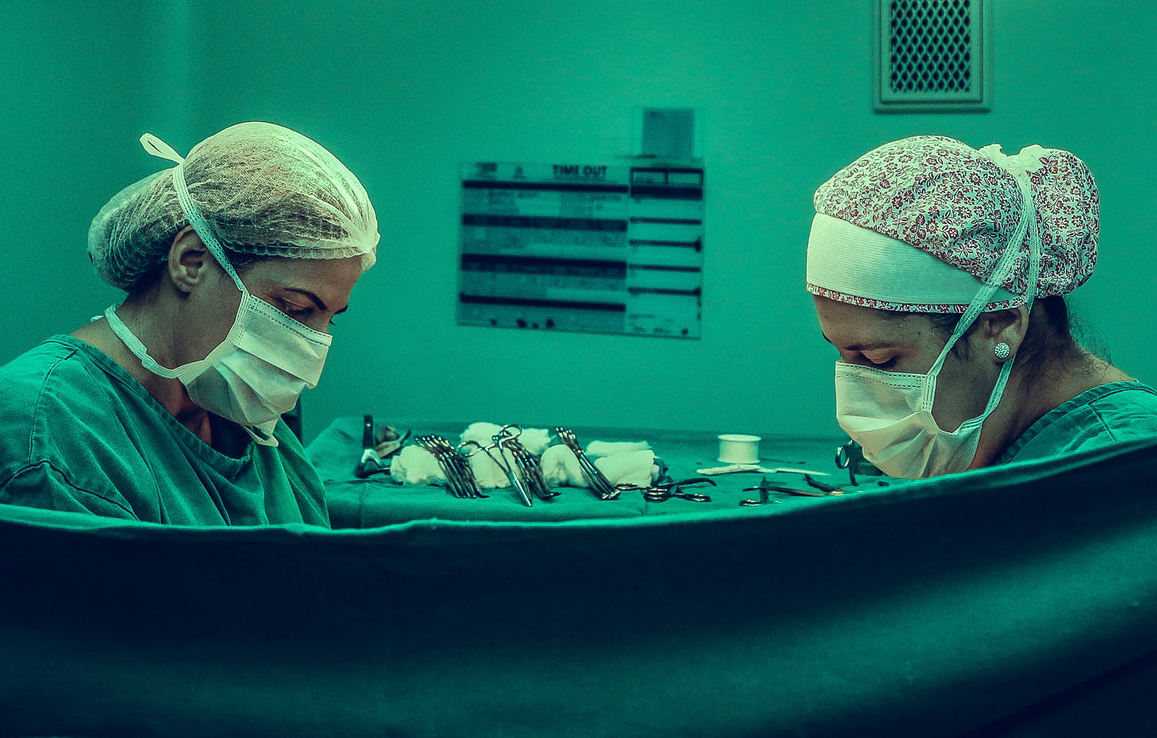A New Perspective on Medical Imaging
Medivis is using augmented reality and artificial intelligence to improve surgical visualization.

Despite recent advances in medical imaging, surgeons still rely on 2D data to understand 3D anatomy. This frequently results in reduced accuracy, missed information, and poor health outcomes—a lose-lose for doctors and patients.
Medivis, an Alumni Ventures Group and Castor Ventures Fund 4 portfolio company, is using augmented reality and artificial intelligence to facilitate advanced medical imaging and surgical visualization. In just four years, Medivis has already built a robust sales pipeline and partnered with industry leaders like Microsoft, Magic Leap, and Verizon.
Allowing Surgeons to See the Invisible
The company’s flagship product is SurgicalAR, a visualization platform that collects a patient’s imaging data directly from a hospital. Medivis uses machine learning and computer vision to identify the most relevant information from a patient’s medical records and pre-surgery diagnostics to augment both the visual and analytical aspects of each surgery.
Using Microsoft’s HoloLens headset, the platform then renders a holographic 3D model mapped back to the patient so doctors can refer to it as they plan surgeries. These visualizations are comparable to digital markings superimposed on real-world camera feeds, like rear-view cameras on cars and first-down lines in televised football games. By digitally marking patients, surgeons can “see the invisible,” improving accuracy and safety.
In addition to SurgicalAR, Medivis has developed AnatomyX, a holographic enterprise-grade medical training platform for the study of human anatomy, physiology, and pathology, which it sells to universities and medical institutions. AnatomyX is enabled on Magic Leap’s spatial computing device, Magic Leap One.
Leading Tech in a Specialized Sector
Medivis has developed a significant advancement over current practices, and their visualization capabilities are much clearer and smoother than their limited competition. They’re one of only two companies in this specialized sector to receive FDA approval and the only company using the HoloLens for this application.
The company’s co-founders have built the company based on deep domain expertise in the medical space. CEO Osamah Choudhry is a neurosurgeon at NYU Langone Medical Center, while COO Christopher Morley is a radiologist and data science fellow at the American Board of Radiology.
Their key employees have software and AR/VR expertise, having worked with HoloLens at Microsoft and the NYU Future Labs.
Castor Ventures, a fund for MIT alumni and friends, sponsored this investment in Medivis for AVG. Castor Partner Cainon Coates was referred to the company by a former classmate now serving as an advisor to Medivis. Castor and AVG’s Total Access Fund deployed capital in a seed round led by Vectr, with participation from Initialized Capital.